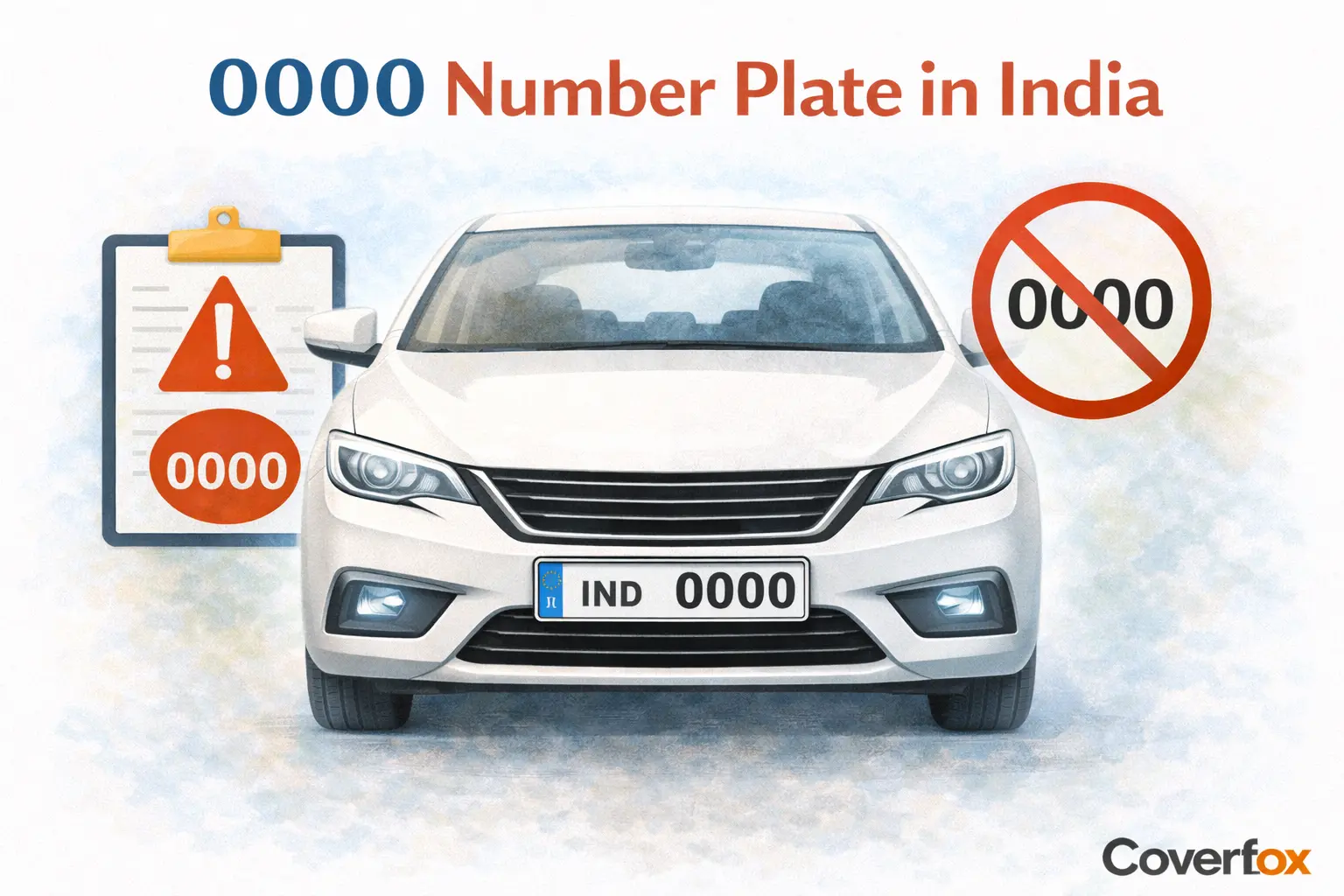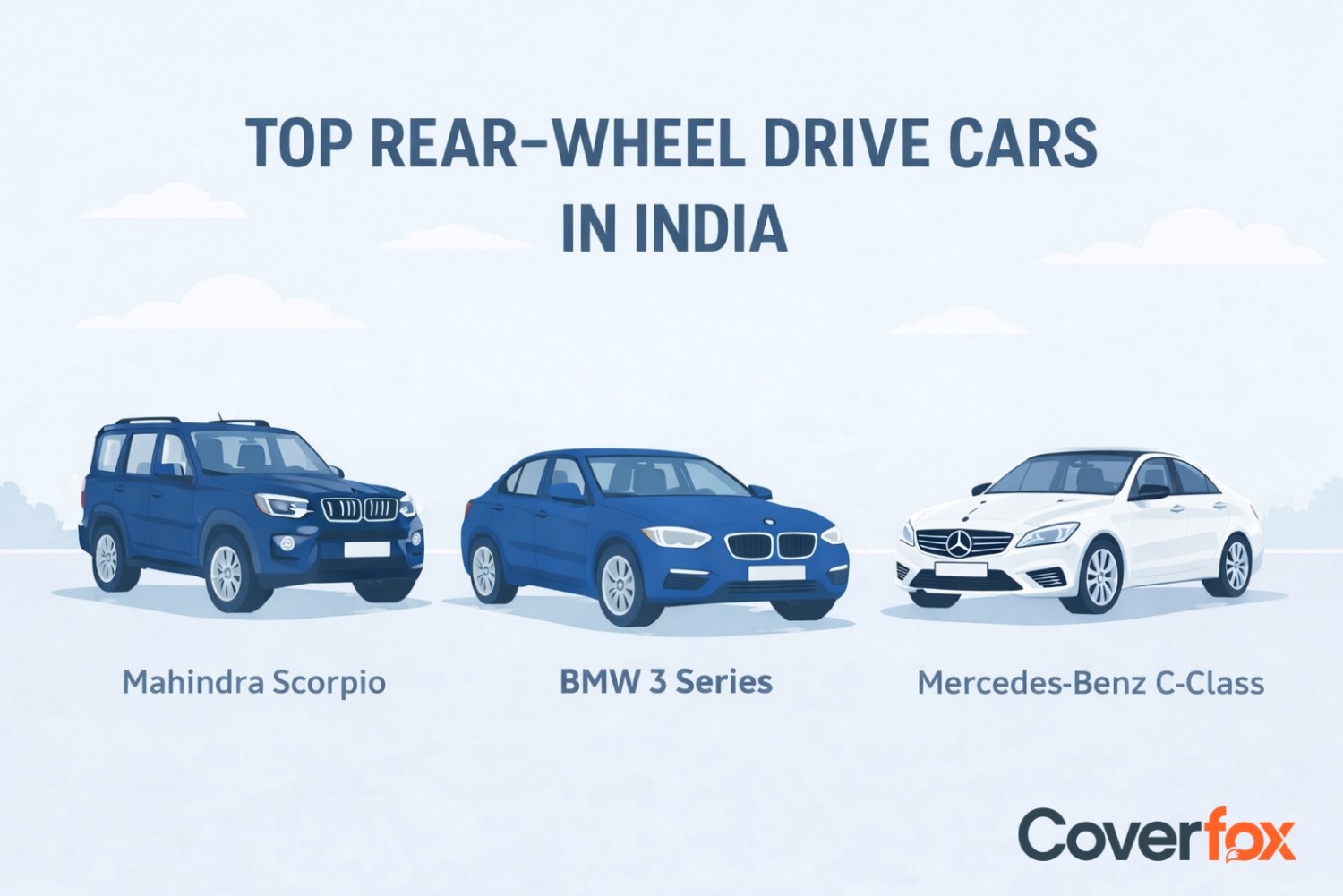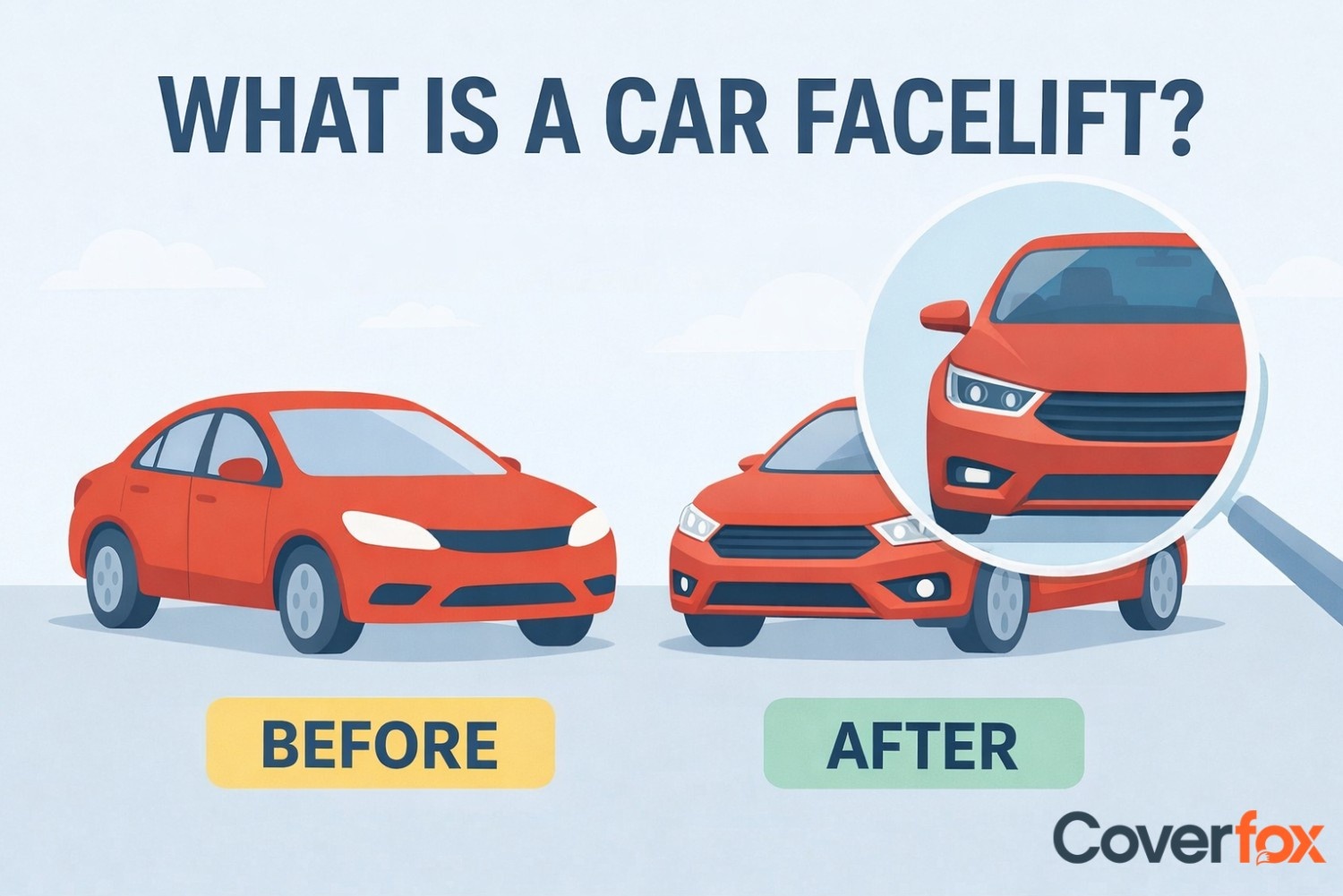GPS-based vehicle monitoring is one of the most useful technologies available today since anyone, whether a person or a business, can use it to keep track of their cars, trucks, or any other type of vehicle.

Thanks to the low cost of GPS tracking systems today, car owners may easily put small tracking units in their cars that send the coordinates of the cars' locations to their cell phones. This article is meant to give a short overview of GPS vehicle tracking, explain how it works, and give instructions on how to track a car using the most popular GPS tracking systems. It will also talk about how important it is to have a third party car insurance plan.
What Is GPS Vehicle Tracking?
GPS car tracking uses GPS satellites and GPS tracking devices that are already in the vehicles to keep an eye on them and find vehicles. The GPS satellites that are always circling the planet send out signals with information about time and location. GPS tracking gadgets in cars have GPS receivers that pick up these satellite signals to find out where the device is at any given time.
The GPS tracking device subsequently communicates this location information to a web-based tracking system or server in real time across cellular networks. When someone logs into this tracking site, they may see the car's current or historical location, its estimated speed and direction, and other information. This lets the owner keep an eye on where the car is when it's moving or get an idea of where it's been.
How Does GPS Technology Work?
When you choose how to keep track of a car's position, the system combines three main parts:
1. GPS Satellite Network
A group of satellites that circle the Earth and deliver signals to GPS receivers.
2. GPS Receiver
A piece of equipment in the car that picks up signals from satellites. It could be a unique hardware or an app on a phone.
3. User Interface
The place where you may find out where the car is, usually through web portals or mobile apps.
Advantages of GPS Vehicle Tracking
GPS vehicle tracking offers more than just location data. It enhances safety, improves efficiency, and can even save you money. Here are some key benefits:
Better Security
GPS tracking helps find stolen cars by giving you real-time updates on where they are.
Fleet Management
Businesses can use GPS tracking to keep an eye on their fleet, make sure drivers follow business rules, and increase efficiency.
Keeping an eye on how your teen drives
Parents can check on their teen's driving habits to make sure they follow the rules of the road. Companies should also keep an eye on how their employees drive to make sure they are following the rules and doing their jobs well.
Lower Insurance Costs
Some insurance companies grant discounts to car owners who install a vehicle GPS tracker for cars since these systems help keep cars from being stolen.
Different Types of GPS Vehicle Tracking Systems
There are many kinds of GPS tracking systems, and each one is good for a different purpose:
1. Active Tracking
This system keeps track of the vehicle's location in real time and updates it every few seconds, for example.
2. Passive Tracking
This technology keeps track of where you are and lets you look it up later. It's usually utilised for managing fleets or cars that don't need to be tracked all the time.
3. Navigation Systems in the Car
A lot of new cars come with GPS navigation systems that can also keep track of where you are.
How to Track Your Car Using a GPS Vehicle Tracking System?
There are a lot of handy ways to use GPS to track vehicles. If parents make sure their adolescents follow the traffic regulations, they can keep an eye on them while they are driving. Organisations may keep an eye on fleets more to boost productivity. GPS tracking also helps get stolen cars back by letting people know where they are.
Insurance firms go even further to lower the cost of car insurance, especially when GPS vehicle trackers are installed. Most vehicle owners are happier, safer, and more in control of their vehicles when they use GPS tracking. The GPS Vehicle Tracking System is simple to set up and use to keep an eye on a single automobile or a whole fleet of cars.
Here are the procedures you need to follow to use GPS to find your car:
1. Select the Right GPS Tracker
You can get a lot of good GPS vehicle tracking systems from different tech companies. That includes the cost of the gear up front and the monthly fees that come with it. So, the GPS device's reliability, its ability to log data in the past, how often updates have been made, its battery life, and how easy it is to install a car GPS tracker app and the software are all crucial. There are systems that the homeowner sets up and keeps an eye on, as well as systems that a professional sets up and keeps an eye on.
2. Install the Device in the Vehicle
GPS tracking for cars normally uses small, sturdy tracking devices that can handle tough conditions. These devices have built-in batteries and cellular modems. The option can be readily attached with the magnetic casing, Velcro, or plug-in wire harnesses. You don't need to hire an expert to accomplish it. It is small enough to be hidden in the car so that it can be tracked. Make sure that the ideal area you choose is not easy for drivers to get to and does not make it hard for them to handle their automobiles.
3. Activate the Connectivity Service
GPS satellites always provide signals about their location, but the GPS gadget needs a cellular data connection to send updates about its whereabouts to the tracking server and the owner. The device usually has an activated SIM card from the company that makes the tracking system. But if you want to be able to send and receive text messages from your VoIP system anywhere over the world, make sure you pick a provider that has a good cellular network rating in your area.
4. Access the Tracking Dashboard
The tracking provider or hardware provider will have an online tracking platform that lets you see where your car is right now and also has records of where it has been in the past. You can accomplish this on the web or with a mobile app. The services that should be available include the capacity to map points, lines, or polygons; send warnings; create geo-fences; track an object or person in real time; and report at several levels of geographical detail. This makes it easy to use the platform most of the time.
5. Monitor, Manage, and Optimise
Once it's set up, you can view your car whenever it's running. In real street view, zoom in on the exact spot where the car is parked. It will take a few seconds to refresh. Find secret information like speed, direction, total miles travelled, and a lot more. You can make your geo-fences and get alerts when the car arrives, leaves, or displays that it is speeding. Make precise timetables that show where your car has been for a week, a month, or even longer. Use some of the results to make it easier for kids or employees to follow the rules on how to use cars, which will give you a lot more control over personal or business cars.
Summary
A third party car insurance plan and GPS vehicle monitoring technologies make it easy for car owners to feel safe, keep an eye on their cars, and control them. It's easy to choose trustworthy hardware and software and install this GPS tracking device in a way that doesn't draw attention to it. This connection means that the exact location may be uploaded to the tracking platform as the car drives anywhere, as the connection is cellular-based. If you're worried about how to track a vehicle with GPS, this is a good option.
Intuitive GPS monitoring software makes it easy for owners to keep track of their automobiles and manage their vehicles as they move through real life. When the owner of a car or fleet of cars knows exactly where the cars are and how they are being used, they can be sure that the drivers and cars are safe on the road. That's why more and more people are using GPS to track their cars every year.
Explore More:
Impact of Anti-theft Device in Car Insurance
The Importance of Engine Protection Cover in Car Insurance
How to Transfer Your Car Insurance Policy
Frequently Asked Questions
Can you track your car with GPS?
Yes, a GPS device can be installed in a vehicle to enable real-time location tracking.
How does GPS vehicle tracking work?
GPS tracking systems utilize satellite signals and onboard devices to determine and transmit the vehicle’s geographic coordinates.
Can I track my car from my phone?
Yes, most GPS tracking solutions offer mobile applications that allow users to monitor their vehicles remotely via smartphones.
Can car GPS work without the internet?
The GPS function itself does not require internet; however, internet connectivity is often needed for data transmission to external devices.
Is GPS tracking legal for personal vehicles?
Yes, it is legally permissible to install and use GPS tracking devices in vehicles that you personally own.
How accurate is GPS vehicle tracking?
Modern GPS tracking systems typically provide location data with an accuracy range of approximately 5 to 10 meters.
Will the tracker drain my car battery?
GPS trackers are designed to consume minimal power and, when properly installed, do not significantly affect the vehicle’s battery life.



 in Cars.webp)

